Double-digit trade growth underlines need for stronger cooperation, say experts
As the Chinese President visits France, Serbia and Hungary this week, China-Europe freight rail services, a direct reflection of the economic and trade ties between the two sides, have recorded significant growth. Industry experts said on Tuesday that "rail services reflect the need to strengthen and deepen bilateral cooperation, not competition, between China and Europe".
Since the beginning of this year, intercontinental freight train services have expanded rapidly, driven by strong demand. China's main transport hubs, from Manzhouli in the northern autonomous region of Inner Mongolia to Wuhan in the central province of Hubei, have all recorded positive growth so far this year.
At the same time, high value-added goods such as the "three new" products - new-energy vehicles, lithium-ion batteries and photovoltaic products - accounted for a significant share of foreign trade.
"Compared with the same period last year, freight volume has increased by around 10% this year, mainly thanks to new and high value-added products," said Tommy Tan, president of Shanghai EPU Supply Chain Management Co. on Tuesday.
Efforts are focused on increasing transport capacity and improving service offerings, in the hope of providing more stable options for customers, Tan explained.
Mr. Tan's company operates China-Europe freight trains to several European cities, including Lyon, France, and Budapest, Hungary. "Discussions have also been held on setting up services to Serbia," he said, expressing optimism about future demand for China-Europe freight trains in these countries.
The port of Manzhouli, along with those of Suifenhe and Tongjiang in the northeastern province of Heilongjiang - the three main hubs for China-Europe rail freight - announced the dispatch of 2,000 trains and the delivery of 210,000 TEU containers between January 1 and May 5, according to China Railway Harbin Bureau Group Co. This achievement was reached nine days earlier than last year, marking an all-time record.
Rail traffic in these three ports accounted for around a third of the country's total rail traffic.
Since the launch of freight train services, the number of trains sent between cities in China and Europe has been steadily increasing. For example, when Wuhan launched its first China-Europe freight train service to Lyon in April 2016 - marking the country's first international freight train service directly to France - there was just one train a week. Now there are one or two a day.
"The rapid development of China-Europe freight trains reflects the growing complementarity and expansion of trade and economic cooperation between China and Europe, which is truly a demonstration of win-win results that serve the interests of all countries involved," said Kang Shuchun, director of the China Federation of Logistics and Purchasing, on Tuesday.
These positive figures also show that China's "three new" products have a strong demand in Europe and are set to become China's leading exports in the near future, said Mr. Kang.
At the same time, European agricultural and secondary products, high-tech products and artificial intelligence (AI) products are continually entering the Chinese market, responding to the Chinese people's growing demand for high-quality products. China-Europe freight trains thus play a "guarantee" role in facilitating these exchanges, added Mr. Kang.
In the face of today's global challenges, such as the Red Sea crisis, cross-border rail freight services are widely praised for their reliability, efficiency and affordability.
Industry insiders say that since the start of the Red Sea crisis, there has been a noticeable increase in the volume of imports and exports via China-Europe freight trains. This increase is attributed to the growing number of international traders opting for rail transport due to disruptions in sea transport.
In terms of efficiency, rail offers a clear advantage over sea transport. After a decade of substantial development, China-Europe freight trains now complete their journey in around 12 days, a significant contrast to the typical sea transit time of 35 to 45 days.
In terms of cost, rail freight is comparable to sea freight, especially if we consider the price differential, which is now decreasing due to rerouting via the longer Cape of Good Hope route.
"Cross-border freight train services have become an increasingly important stabilizer and catalyst in the global supply chain. What lies behind the positive growth of rail services is the growing need for cooperation, not competition, between East and West," said Wang Yiwei, a professor at Renmin University of China's School of International Relations, on Tuesday, sharing his expectations of stronger trade as both sides champion mutual respect and win-win cooperation.
French.china.org.cn



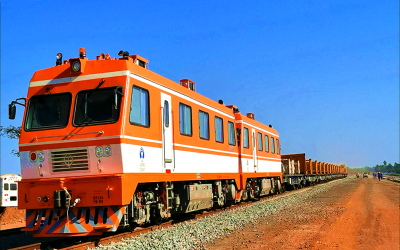
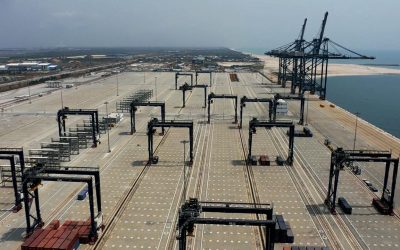
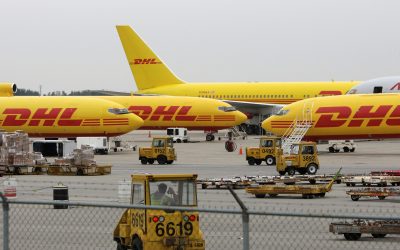
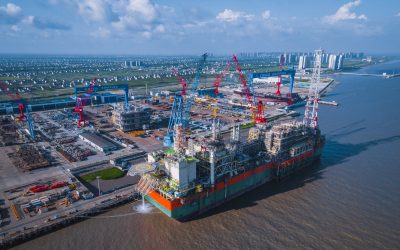
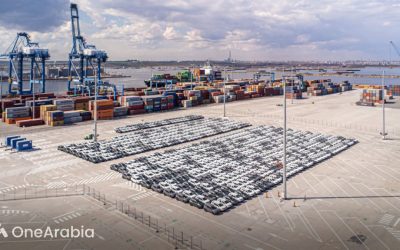


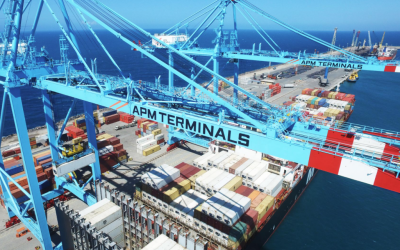
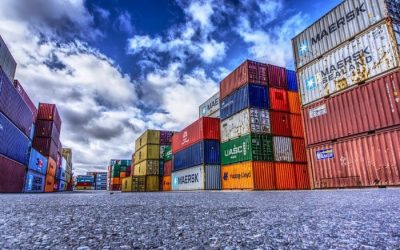
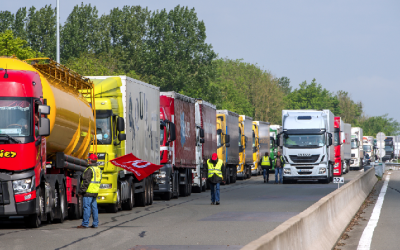






0 Comments